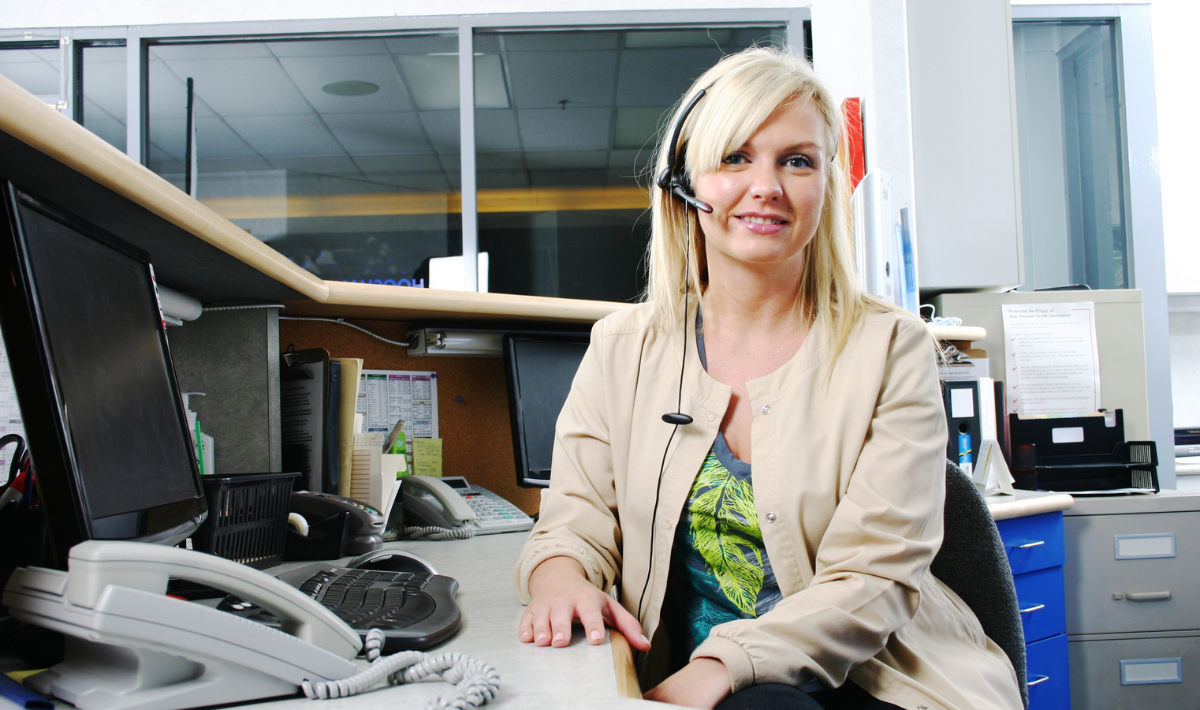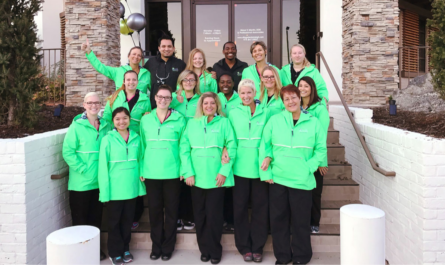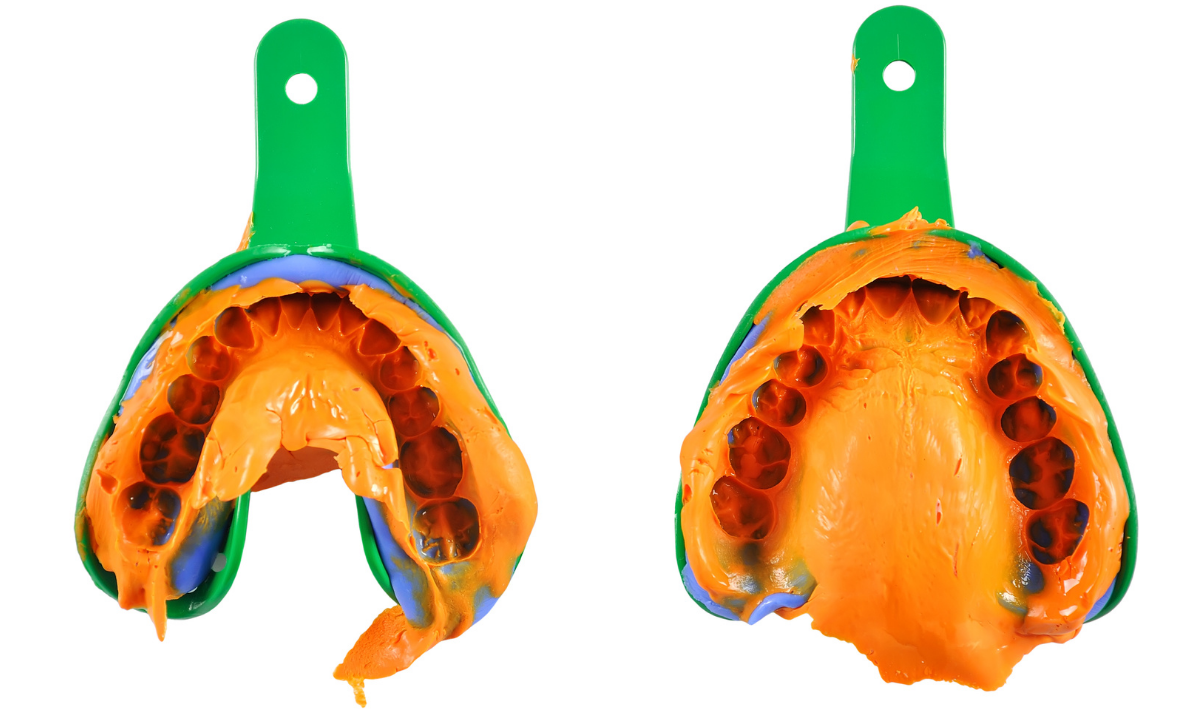Dental Support Organizations help dentists respond to changing patient, payer demands, says ADSO executive director
Practicing dentistry in rural northern Nevada for 20 years gave Quinn Dufurrena, D.D.S., J.D., some perspective on the profession and strong ideas about its future.
“When I think about the amount of time I spent on the business side of dentistry, I realize that if I had been able to give that to someone else, I could have seen a lot more patients. And that’s what access is all about.”
As the new executive director of the Association of Dental Support Organizations – formerly the Dental Group Practice Association – Dufurrena is in a position to advocate for just such an approach to dentistry.
Born and raised in Winnemucca, Nev., Dufurrena received his D.D.S. from the University of the Pacific in 1983, and his J.D. from Concord Law School in 2008. His scholarship at the University of the Pacific called for him to practice dentistry in a rural area for three years. He went back to northern Nevada.
As the only dentist in three counties, he had a busy practice. “I was just swamped,” he says. After three years there, he decided to make a change in his life. “I decided to join the Navy to see the world,” he says. “I loved it.”
He was stationed at a clinic in Norfolk, Va., for six months, where he served alongside 50 other dentists. He spent six months aboard a ship off the coast of Central and South America, and three years at a combined U.S. armed forces base in Edzell, Scotland, where he helped care for servicemen and servicewomen, as well as their dependents and spouses. After four years, he returned to rural Nevada.
After a total of 20 years in his rural practice, Dufurrena made another career shift. He worked at the American Dental Association as a Hillenbrand Fellow, then served as executive director of the Idaho State Dental Association and later, executive director of the Colorado Dental Association. Beyond his chairside duties, he served as associate professor at the University of Colorado School of Dental Medicine.
More than a name change
Just two months after joining the association, DGPA changed its name to the Association of Dental Support Organizations. The name change has more than symbolic significance, says Dufurrena.
“We really did it for clarity,” he says. “We wanted to be able to show the separation between the business and clinical side of dentistry,” something that the former name — Dental Group Practice Association – did not. “When you talk about DSOs, that’s the business side, supporting the clinical side.”
There’s a big need for business savvy today, says Dufurrena.
“I was trained in dental school to do dentistry. I had no training in business, so I struggled with that part of it.” That’s OK, if one is practicing in a rural community, with a line of patients to be taken care of. But in competitive markets, like many urban areas today, it is not.
In the past, given a proliferation of patients, dentists could raise fees with little concern, he says. “That compensated for our lack of business skills. But since becoming executive director, dentists have called me and said, ‘I don’t have enough patients.’ In years past, that didn’t happen.
“It’s difficult enough to do the clinical work we were trained in,” he adds. “But to acquire the skill and knowledge needed on the business side while doing the clinical work – that is very difficult.”
Yet today, business skills are more necessary than ever. When it comes to Medicaid, it’s all about decreased reimbursement and increased accountability, says Dufurrena. Dentists are being called on to become more efficient, so they can serve more patients cost-effectively, while maintaining accountability, that is, quality dental care. “You can’t take shortcuts, but you can create efficiencies. And those who get ahead of that, will get ahead of the game.”
DSOs are in a good position to perform well on the business side, and because of that, can actually help dentists deliver better patient care, he continues. That’s true for several reasons:
- DSOs create standardized efficiencies. “By contracting with a DSO, the dentist has the ability to perform more clinical dentistry, so he or she can keep up their efficiencies and actually get better. After all, the more crowns I do, the better I get at it. It’s like anything else: When you have individuals doing specific jobs, they get better at it; they get faster. That’s what efficiency is.”
- DSOs offer economies of scale. Because of their volume, they have the ability to acquire supplies and equipment at prices lower than those of the solo practitioner. That, in turn, allows them to acquire what Dufurrena calls strategic resources. “Technology is expensive, and as a solo practitioner, I may have difficulty justifying buying technology that can lead to better quality of care.”
- Large groups have the ability to measure things – that is, what’s working and what’s not – and develop better practices for patient care.
Growth of DSOs
If growth among DSOs is any indication, more dentists are buying the message that Dufurrena and ADSO are preaching.
Solo and independent practitioners are still the majority in dentistry, but that’s shifting. In 2010, 69 percent of dentists were solo practitioners, down from 76 percent in 2006. By comparison, group practices – many supported by DSOs – have increased by 25 percent from 2009 to 2011.
As of October of this year, ADSO members supported 33,000 staff, 8,000-plus dentists, and 4,000 to 5,000 hygienists. “Most important, they support about 30 million patient visits a year,” says Dufurrena. And even though growth rates differ among the ADSO membership, industry studies show DSOs are growing at a rate of around 20 percent per year.
There remain obstacles to growth, of course. As executive director of ADSO, Dufurrena has a front row seat for some of them. “The biggest eye-opener for me has been how resistant to change many dentists in traditional solo practice are.”
Many harbor misconceptions about DSOs. “Some believe DSOs influence clinical decisions; that’s probably the biggest objection out there. There are so many good DSOs, who believe there has to be this separation between the business and clinical sides. DSOs that respect dentists and respect their clinical judgment and autonomy will thrive; those that don’t will go away.”
Further, to those dentists who believe that dentists in large practices and DSOs provide lower-quality care, Dufurrena says, “That’s not true at all.” He draws on his experience in the Navy in Norfolk. “There were 52 dentists in a big clinic,” he says. They shared their knowledge, and in fact offered peer-led education sessions every week. “When you have that kind of mentoring and quality assurance, the quality goes up. That’s different than the solo practitioner, who has nobody to mentor him or her, to look over their shoulder.”
Future
“A growing percentage of patients are becoming more like consumers,” he continues. “They’re looking not so much for relationships, but for quality of care, convenience and affordability.” Practitioners who can provide those things, and who have strong relationship-building and communication skills, will thrive.
“You’ll still find those who love their dentists. But the key indicator is this: If their dentist stopped taking their insurance, would they stay with their dentist or would they go to see someone else?”
Optimism about the future was evident at ADSO’s annual conference this fall, he says. “There’s a huge amount of smaller groups that want to know how to create efficiencies and decrease their risks in this business environment.” ADSO has created a new category for small group practices.
“There will be all kinds of models, but I think you’ll see expansion of the larger, DSO-supported practices, because they can capitalize very quickly on changes.”





